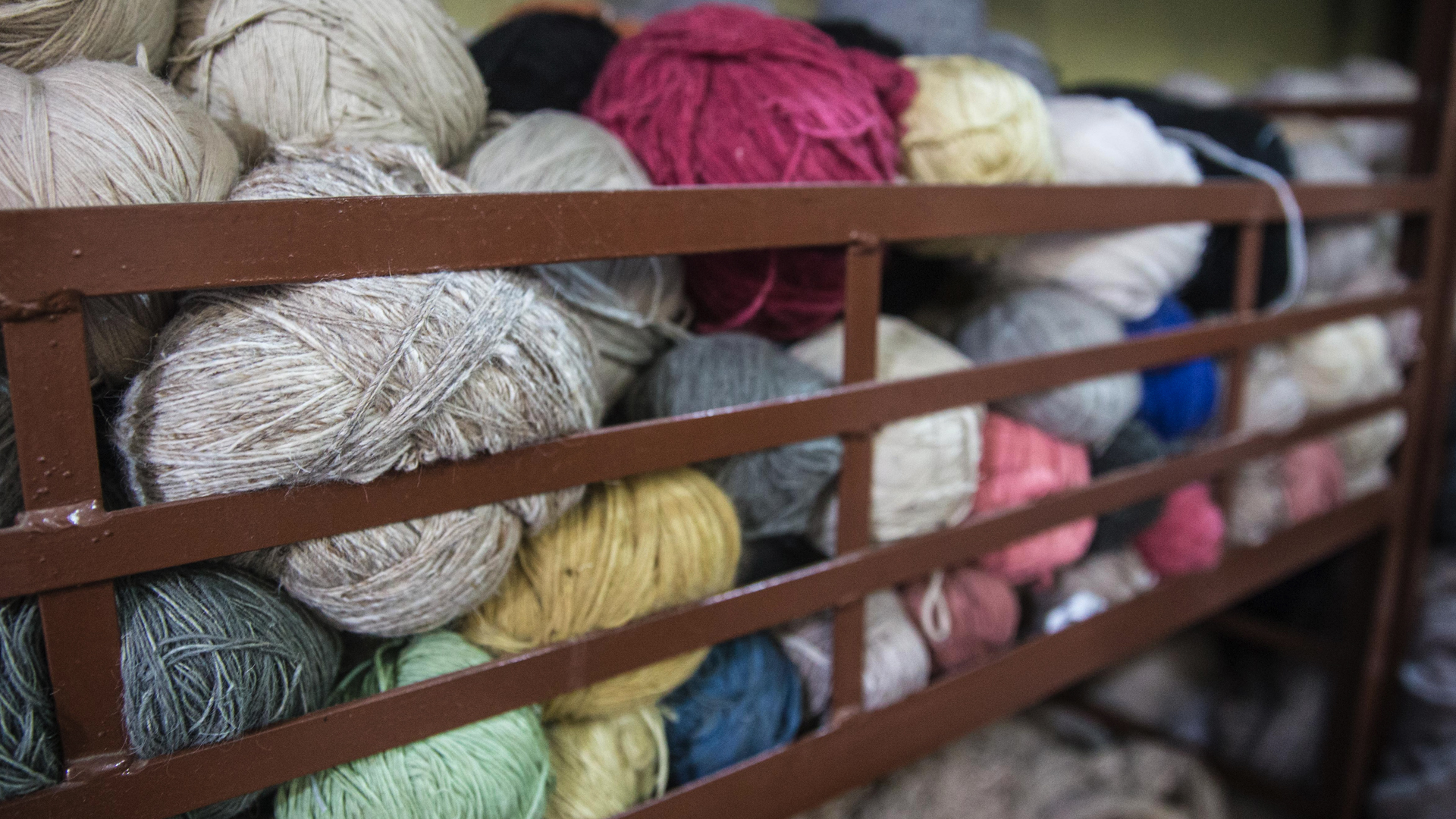Rebalancing Power to Improve Lives: Humanity United’s Forced Labor & Human Trafficking Approach
Humanity United is proud to be launching its refreshed Forced Labor & Human Trafficking portfolio strategy and reaffirming our commitment to cultivating the conditions of worker power, safe migration, and corporate accountability to address the power imbalances at the heart of worker exploitation.
